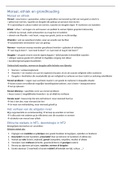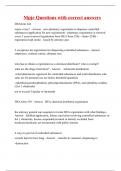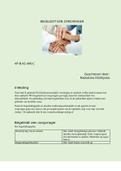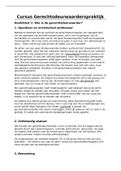Exam (elaborations)
AFL1501 PORTFOLIO 2024 Assignment 6
- Institution
- University Of South Africa
AFL1501 PORTFOLIO Assignment 6 2024 ;100% TRUSTED workings with detailed Answers for A+ Grade. For assistance call or W.h.a.t.s.a.p.p us on +/ 2/ 5/ 4 /7 /7 /9 /5 /4 /0 /1 /3 /2 .
[Show more]











